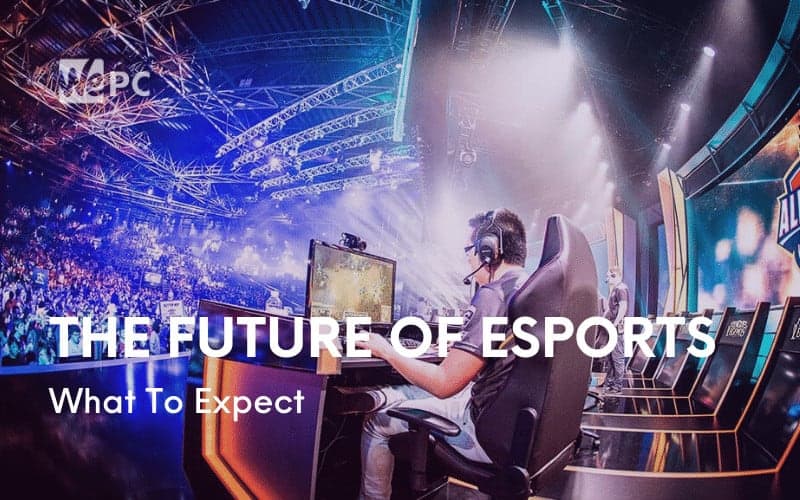In a landscape often characterized by relentless expansion and soaring valuations, the recent announcement from Complexity Gaming, a venerable North American esports organization, serves as a stark reminder of underlying economic realities. On October 8th, 2025, Complexity revealed the closure of its decade-long content creator program. While seemingly a focused decision, this move, alongside other strategic retreats, offers a revealing glimpse into the intricate challenges currently reshaping the professional gaming industry.
A Decade of Digital Ambassadorship Concludes
For ten years, Complexity’s content creator program was a vibrant hub, fostering a community of digital ambassadors who extended the organization`s brand reach across myriad platforms. These creators were not merely affiliates; they were integral voices, connecting Complexity with a broader audience and shaping its public persona. The program`s success underscores its significance, making its shutdown a noteworthy event not just for Complexity, but for the countless creators who participated and the industry at large.
The immediate reason for the program’s termination remains undisclosed. However, context suggests it is less an isolated incident and more a continuation of a broader strategic recalibration. After all, an organization named «Complexity» finding itself in a genuinely complex financial situation is, perhaps, a touch of cosmic irony.
The Echoes of Earlier Exits: A Pattern Emerges
This decision follows a series of significant downscaling operations by Complexity. In June, the organization announced its departure from the Apex Legends esports scene, concluding a six-year tenure in the Apex Legends Global Series (ALGS). Just two months later, in August, it made the difficult choice to exit Counter-Strike esports, citing persistent economic challenges as the primary driver.
These sequential withdrawals from prominent competitive titles paint a clear picture: even established entities with a rich history in esports are not immune to the pressures of maintaining extensive, high-cost operations in an economically volatile environment. The aspirations of boundless growth frequently collide with the less forgiving realities of quarterly reports and sustainable revenue streams.
Navigating the Turbid Waters of Esports Economics
The recurring motif of «economic challenges» isn`t unique to Complexity. The esports industry, while attracting substantial investment and viewership, often struggles with consistent profitability. Factors contributing to this include:
- Fluctuating Sponsorship Landscape: Brands, particularly during economic downturns, can become more conservative with marketing budgets, directly impacting esports teams heavily reliant on these partnerships.
- Rising Operational Costs: Maintaining competitive rosters, including player salaries, coaching staff, travel, and infrastructure, is expensive.
- Unrealized Monetization Potential: While viewership is high, converting that into robust, diversified revenue streams (beyond sponsorships and merchandise) remains a hurdle for many organizations.
- Intense Competition: The sheer number of teams and content creators vying for attention and limited resources fragments the audience and dilutes potential earnings.
For an organization like Complexity, which has been foundational to esports since its inception in 2003, these challenges necessitate tough choices aimed at long-term survival rather than short-term prestige.
What Lies Ahead for Complexity and the Creators?
With its content creator program disbanded and significant esports divisions closed, the path forward for Complexity appears narrowed. The organization continues to field rosters in Rocket League and Halo. However, even these operations face their own unique complexities. The Halo team is slated to compete at the season-ending Halo World Championship 2025, which is bittersweet, as the event marks the official retirement of Halo Infinite from official competitive play by the Halo Championship Series.
For the content creators previously under Complexity`s banner, this pivot underscores the imperative for adaptability and independent brand building. In an ecosystem where organizational affiliations can be transient, creators must cultivate their direct audience connections and diversified income streams, turning what was once an opportunity into a lesson in resilience.
Broader Industry Implications: A Call for Sustainability
The narrative unfolding at Complexity is more than just a single organization`s restructuring; it`s a bellwether for the entire esports industry. It highlights the critical need for sustainable business models that can withstand economic fluctuations and shifting market demands. The era of unchecked growth and speculative investment might be giving way to one of consolidation, efficiency, and a renewed focus on core profitability. As one of the longest-standing organizations, Complexity’s strategic retractions are a sobering indicator that even veterans must constantly adapt to survive, ensuring that the passion for professional gaming translates into a viable, lasting enterprise for all involved.

